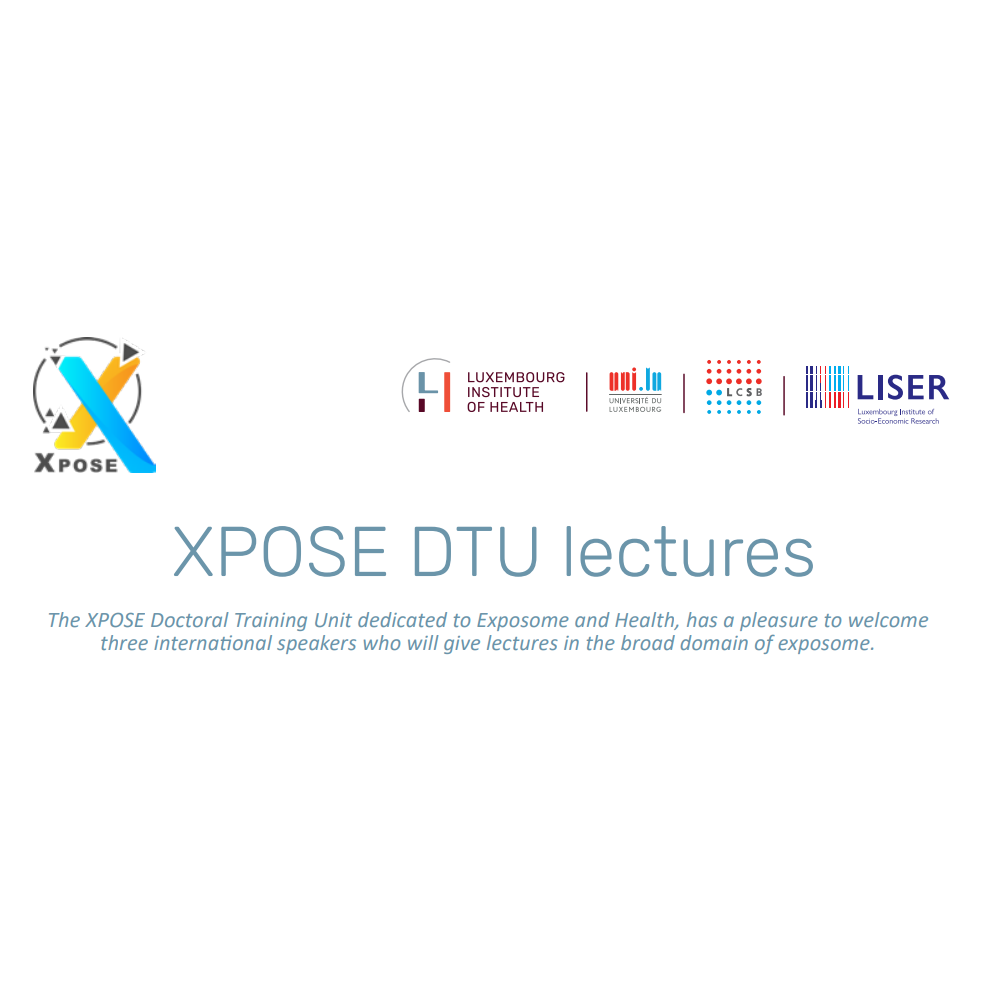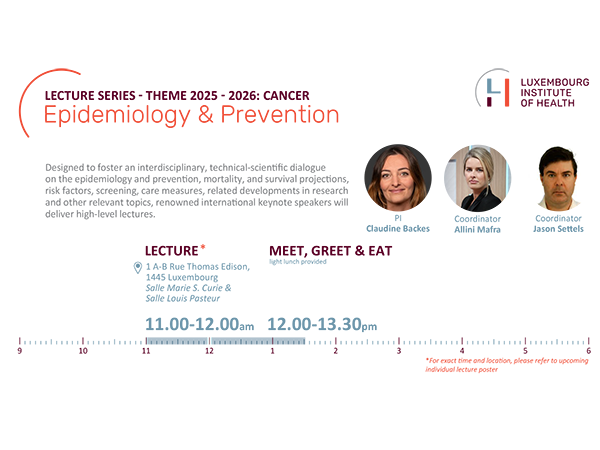LECTURE SERIES – THEME 2025/2026: CAUSAL INFERENCE METHODS FOR REAL-WORLD DATA
Causal inference methods for real-world data

*For exact time and location, please refer to upcoming individual lecture poster
upcoming eventS:
05.02.26 – 🇬🇧 Policy relevant effects in infectious disease studies
Mats Stensrud

Stensrud
Associate professor
Chair of Biostatistics, École Polytechnique Fédérale de Lausanne
🇬🇧 Policy relevant effects in infectious disease studies
When facing infectious diseases, healthcare professionals must make decisions under uncertainty. Certain considerations are frequently recurring in this process. Knowing whether a vaccine’s effect wanes is important for determining the timing of seasonal flu shots or assigning COVID-19 boosters. Understanding whether a vaccine has heterogeneous effects on different subtypes, such as Malaria variants, has implications for the development of new treatments. Whether vaccinating a subgroup of individuals is sufficient to reach herd immunity, due to spill-over effects, shapes public health policies. Although the previous plain English sentences might seem clear, I will argue that terms like “waning”, “heterogeneous effects”, and “spill-over” are ambiguously interpreted. I will then propose ways to clarify these terms based on theory and methods for causal inference. Using Malaria, HIV, influenza, and COVID-19 as illustrative examples, I will show that these clarifications matter in practice. In particular, I will leverage the clarifications to define new treatment effects in vaccine settings, which sometimes justify existing analytic approaches and also motivate new methods that are feasible to implement.
19.03.26 – 🇬🇧 Applications of causal inference in public policy
Fabrizia Mealli
Mealli
Professor of Econometrics at the European University Institute’s Department of Economics
🇬🇧 Applications of causal inference in public policy
29.04.26 – 🇬🇧 Causal inference and AI
Martin Huber
Huber
Professor of Applied Econometrics and Policy Evaluation – Department of Economics of Fribourg University
🇬🇧 Causal inference and AI
07.05.26 – 🇬🇧 Causal inference practices and problems in psychology
Julia Roher
Roher
Academic assistant (lecturer) at Leipzig University
🇬🇧 Causal inference practices and problems in psychology
May/June- 🇬🇧 TBD
Michela Baccini
Baccini
Full Professor of Medical Statistics, University of Florence
🇬🇧 tbd
PAST EVENTS:
18.12.25 – 🇬🇧 “Causal AI”: Is causal inference from healthcare data about to be automated?
Miguel Hernán

Hernán
Director of CAUSALab
Professor of Epidemiology and Biostatistics at Harvard
🇬🇧 “Causal AI”: Is causal inference from healthcare data about to be automated?
Decisions about the treatment and prevention of disease are guided by causal inference and health researchers often make causal inferences using healthcare databases. The emergence of tools referred to as “AI” may transform the way in which those databases are used for causal inference. However, for “AI” to speed up the causal learning for healthcare databases, we need a better understanding of what both “AI” and causal inference are. This talk dissects the components of “Causal AI” and
discusses its potential to automate causal research in the health sciences.
14.11.2025 – 🇬🇧 Causal inference with compositional data
Georgia Tomova

Tomova
Research Fellow at the UCL Centre for Longitudinal Studies Co-leader of the Causal Inference Interest Group
🇬🇧 Causal inference with compositional data
Compositional data is a form of hierarchical data in which a whole (or a total) is the sum of its constituent components. Although compositional data can arise in any setting, they are particularly common in health research, with typical examples including dietary, physical activity, or microbiome data. This type of data can bring a range of analytical and interpretational challenges which risks results being misinterpreted.
In this talk, I will introduce compositional data using directed acrylic graphs (DAGs), outline the different types of causal effects that may be of interest in such data, and discuss suitable analytical approaches.
01.10.2025 – 🇬🇧 Introduction to causal inference and directed acyclic graphs
Peter Tennant

Tennant
Associate Professor of Health Data Science at the University of Leeds Former fellow of the UK’s Alan Turing Institute Incoming George Sadan Visiting Associate Professor at Yale University for 2026
🇬🇧 Causal Inference Methods for Real-world data
Estimating causal effects in non-experimental data is a key aim of applied health and social science research. Unfortunately, it is also notoriously difficult.
Contemporary causal inference methods, including directed acyclic graphs, promise to revolutionise the analysis and interpretation
non-experimental data, not least by making our ambitions and assumptions far more explicit. In the health sciences, these methods are rapidly gaining popularity, but they are still yet to be adopted as widely as other entrenched
methods.
This talk offers a simple introduction to the new
science of causal inference, with a particular focus on directed acyclic graphs.
DATA PRIVACY
Read more about the “Data Protection Notice: processing of personal data in the scope of events’ management”.







